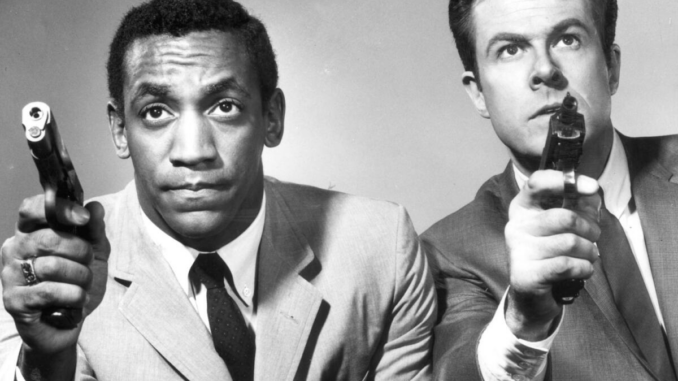
For decades, Bill Cosby was considered one of America’s most beloved entertainers. His rise to fame as the star of “The Cosby Show” and his iconic stand-up comedy made him a household name, revered for his wit, humor, and family-friendly image. However, Cosby’s legacy has been complicated by the numerous sexual assault allegations that came to light in the 2000s, ultimately leading to his conviction. In this article, we examine the duality of Bill Cosby’s legacy, analyzing his impact on television, as well as the controversies that have shadowed his career.
The Rise to Stardom:
Bill Cosby’s journey to fame was a testament to his talent, hard work, and ability to connect with audiences. Before “The Cosby Show,” Cosby had already made a name for himself as a stand-up comedian, and his success in television began with his role in “I Spy,” where he became the first African American actor to star in a prime-time drama series. This achievement was groundbreaking in itself, as it opened doors for future generations of Black actors in Hollywood.
His transition to “The Cosby Show” marked the pinnacle of his career. With his creation of the series, Cosby was able to fulfill his vision of portraying a successful African American family in a way that had never been seen before. The Huxtables quickly became the epitome of the ideal family: educated, affluent, loving, and successful. Cosby’s portrayal of Dr. Heathcliff Huxtable was not only humorous but also aspirational, presenting a model of fatherhood and family life that resonated with viewers of all backgrounds.
The Allegations:
However, Cosby’s pristine public image began to unravel as more than 60 women came forward with accusations of sexual assault and misconduct against him. These allegations spanned several decades, from the 1960s to the 2000s, and included claims of drugging and sexually assaulting women. The accusations rocked the entertainment world, leaving fans to grapple with the reality that their once-heroic figure was facing serious charges.
Cosby denied all allegations, and many of the accusations were initially dismissed or went unreported. However, as more victims came forward and media attention grew, the truth about his actions began to emerge. In 2018, Cosby was convicted of three counts of aggravated indecent assault against Andrea Constand, a former Temple University employee. The conviction served as a stark reminder of the complexities of celebrity and the hidden realities of those who once held power.
Reevaluating His Influence:
The revelations about Cosby’s personal life forced many to reconsider his legacy. How do we reconcile his contributions to television with the harm he caused to women? For many fans, the answer is not simple. The question of whether to separate the art from the artist is one that has been hotly debated in the wake of Cosby’s conviction.
While “The Cosby Show” remains a significant part of television history, there are many who feel uncomfortable with the idea of celebrating Cosby’s career given his criminal actions. For others, the show’s cultural impact—especially in terms of its portrayal of African American families—remains invaluable, even as they acknowledge the personal failures of its creator.
Conclusion:
Bill Cosby’s legacy is forever intertwined with the accusations and conviction that have overshadowed his career. While “The Cosby Show” remains an important and groundbreaking part of television history, the reality of Cosby’s actions forces us to confront the complexities of his life. It’s a stark reminder that celebrities are not infallible, and that their influence must be examined with a critical eye. As we move forward, Cosby’s story serves as a lesson in the dangers of blind adoration and the importance of holding individuals accountable for their actions.
